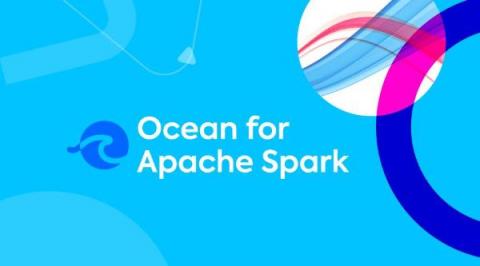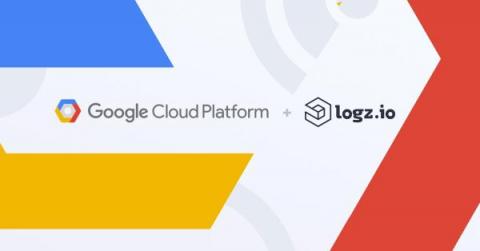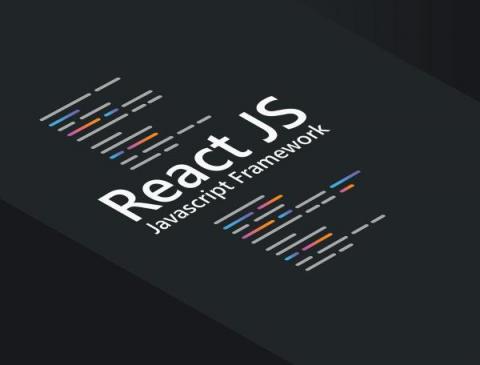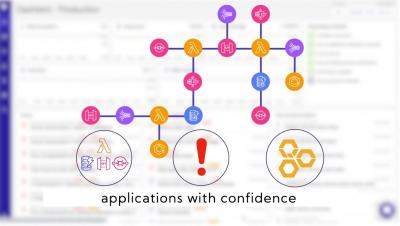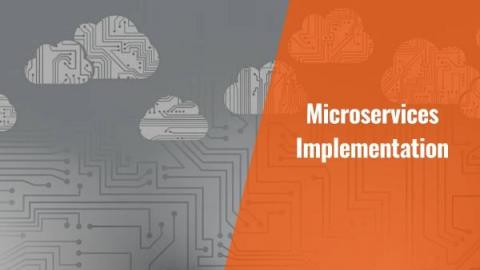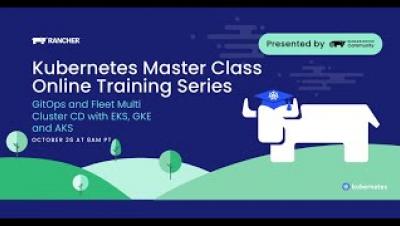Ocean for Apache Spark - Serverless Spark now available in preview on AWS
The cloud native revolution brought by Kubernetes has transformed the way we build and deliver software, but the world of big data has for too long been left on the side of this transformation. Thanks to many contributions from the open source community, Apache Spark integration on top of Kubernetes is now officially generally available with the recent releases this year.


